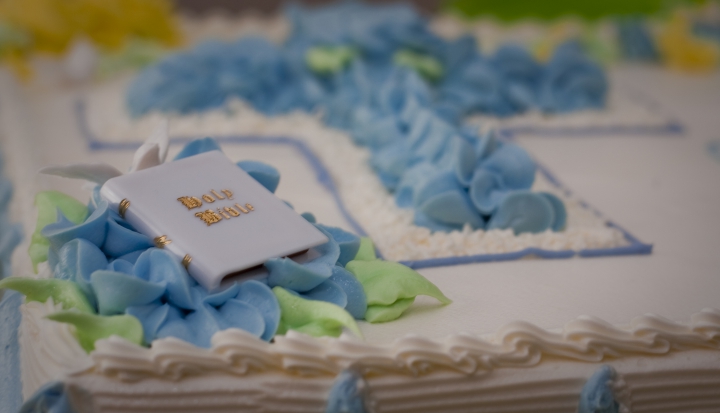Indiana’s recently passed “religious freedom” law has come under plenty of scrutiny over the past few weeks, igniting a firestorm surrounding the question of where one draws the line between free exercise of religion and discrimination. More specifically, the question is usually related to discrimination over sexual orientation, as business owners have argued that serving same-sex couples violates their religious beliefs.
A string of similar cases around the country have fueled the debate: An Oregon bakery that sells wedding cakes refused to make one for a same-sex couple, a New Mexico wedding photographer would not shoot the wedding of a lesbian couple, a Washington State florist has raised nearly six figures in donations after being fined for turning away a gay couple looking to buy wedding flowers. In each case the narrative is the same: Couple is denied service due to their sexual orientation by a business owner. The arguments for and against such practices seem to largely depend on a person’s views on same-sex marriage.
But what if the shoe were on the other foot? In Denver, a baker was asked by a customer to make him two bible-shaped cakes with a picture of two men holding hands with a ‘X’ over them. The customer also requested that the cakes have bible verses such as “homosexuality is a detestable sin” written on them–wording that bakery owner Marjorie Silva found to be offensive and discriminatory, so Silva refused to make the cakes. (Actually, Silva told the customer she’d make the cakes and would supply the icing so he could decorate them himself, but he refused.)
In this case, it was the customer who claimed he was being discriminated against for religious reasons, and the baker who claimed she was within her rights to deny service to a customer based on her own morals. Silva, who is herself Catholic, claimed that she would not make a cake that was discriminatory against same-sex couples for the same reasons that she wouldn’t make a cake that discriminates against Christians. The Colorado Civil Rights Division backed Silva, claiming she was within her rights as a business owner to refuse to make cakes that violated her personal beliefs.
There is of course a difference between turning away a single customer who presented a specific request and denying service to an entire group of people. But it presents an interesting test case that makes the issue more about a business owner’s rights and less about one’s feelings on same-sex marriage. For all who have argued one way or the other on the Indiana law, it is worth asking yourself if you’d feel the same way when the tables are turned.
Flickr image cc by Emilian Tiberiu Toba













